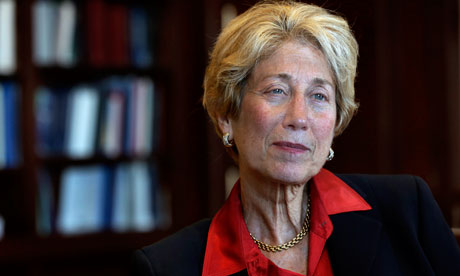 |
| Image Source: gintruth.com |
 |
| Image Source: insuranceproviders.com |
As Detroit marches to bankruptcy, its efforts to prove its eligibility for the biggest municipal bankruptcy in US history ended in the Nov. 7 trial. Unfortunately, there was no ruling from the judge on whether Detroit can remain under court protection from creditors who can’t fully challenge the debt restructuring process of the city.
Bloomberg relates that US bankruptcy judge Steven Rhodes will issue a ruling only as soon as Detroit lawyers and their opponents submit their respective legal briefs stating how labor will be potentially affected by his decision. The judge also asked the city and state lawyers to answer allegations against Governor Rick Snyder and emergency manager Kevyn Orr for acting “in bad faith” prior to the filing of the case.
 |
| Image Source: longislandbankruptcyblog.com |
To pronounce eligibility for bankruptcy, the court needs to see a full proof of the city’s insolvency and acts of good faith when it decided that negotiations with creditors were nothing but futile.
Attorney Evan Granowitz specializes in bankruptcy among other areas. For more information about the subject, visit this Facebook page.
